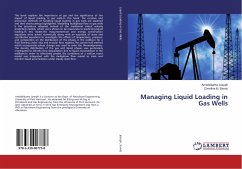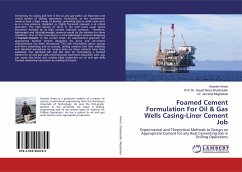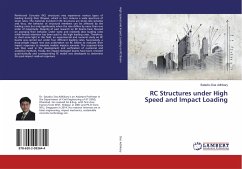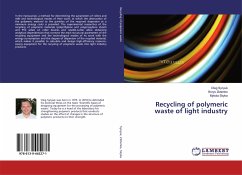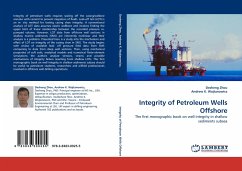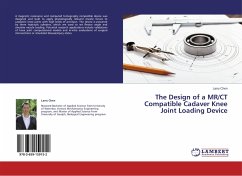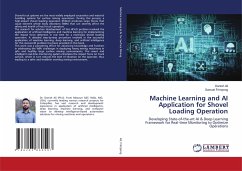This book explains the importance of gas and the significance of the impact of liquid loading in gas wells.In this book, the curative and preventive methods of handling liquid loading in gas wells are explored and their shortcomings highlighted. Modelling multiphase flow in gas wells is the procedure adopted instead of the traditional critical velocity predicting models, which were shown to be inaccurate in predicting liquid loading.In this model,the mass,momentum and energy conservation equations were solved numerically along with an equation of state and constitutive equations to investigate the effects of temperature, pressure, and composition on the distribution of the phases in the wellbore for a fluid flowing under mist and annular flow regimes.The convex hull method which incorporates phase change was used to solve the thermodynamics. The density distribution of the gas and liquid phases was particularly investigated to identify flow degradation due to liquid accumulation in the wellbore.In order to effectively predict the conditions of a well,an event model was integrated with the multiphase flow model to track and monitor liquid accumulation under steady state flow.

